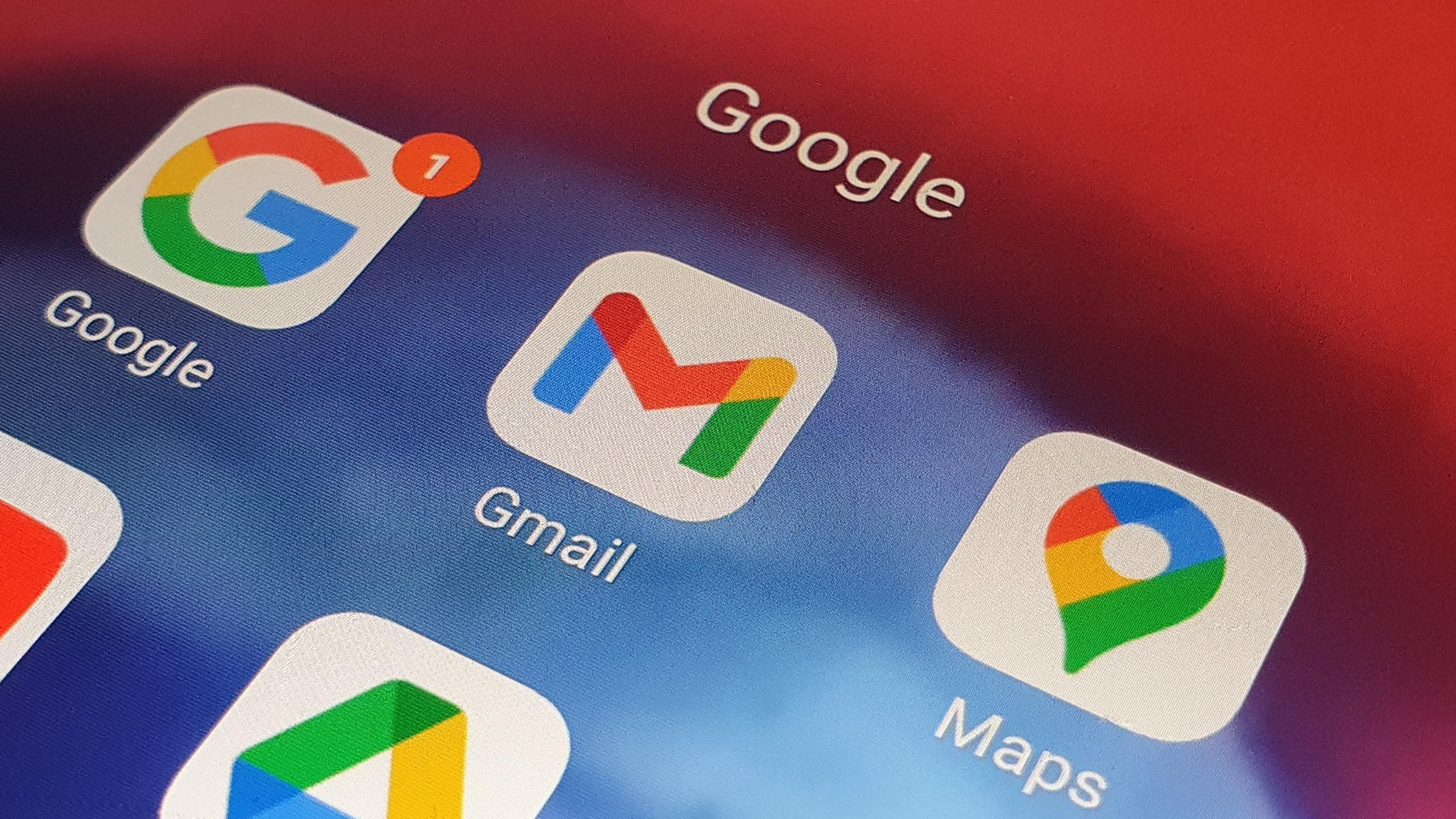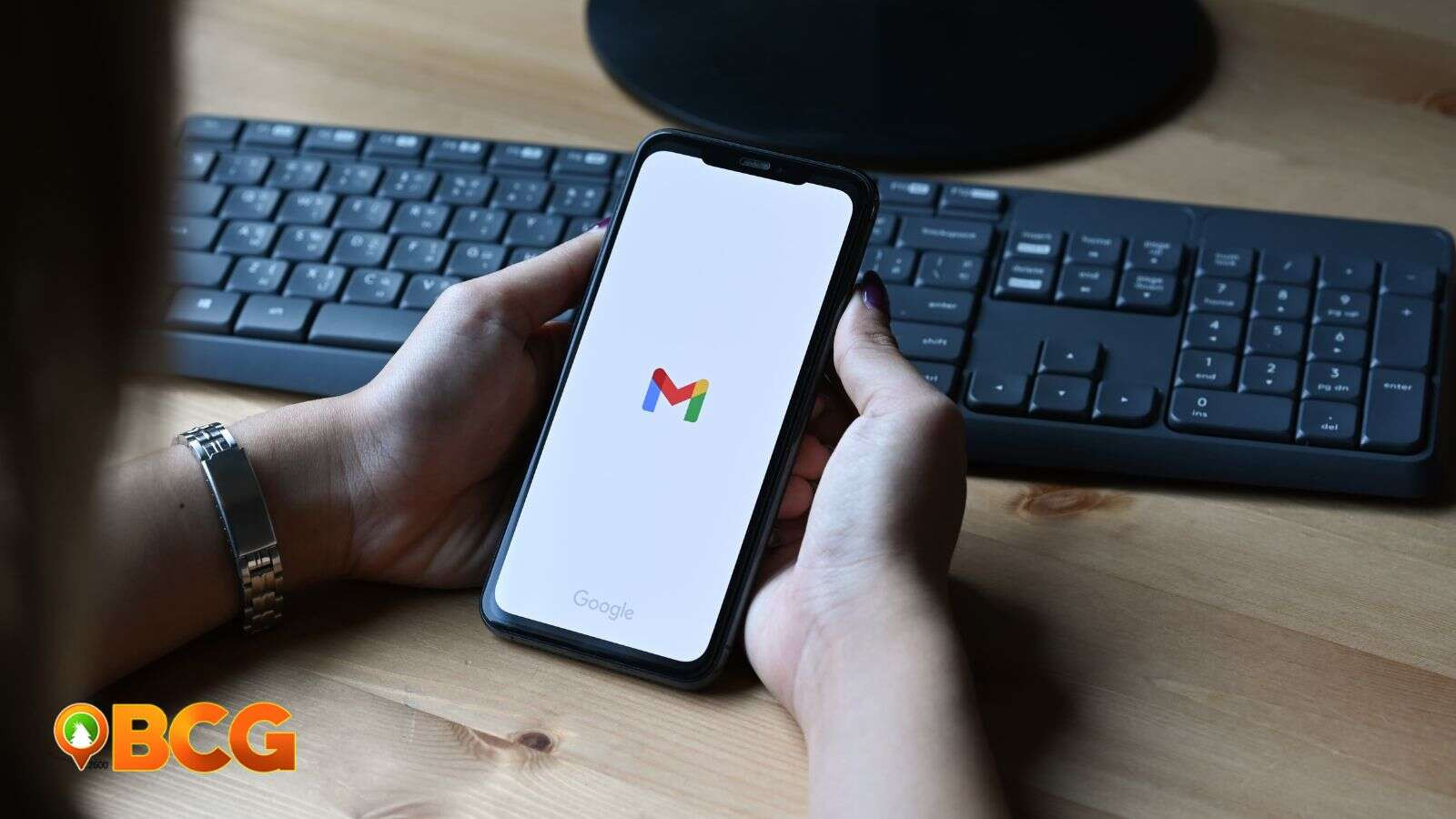In a world of multiple email accounts, passwords and apps, Google is on a mission to streamline matters with a corporate clear-out.
The tech giant is in the process of deleting inactive Gmail accounts from the estimated 1.8 billion believed to be in existence.
So if you haven’t used yours for a while and want to keep hold of it now is the time to start.
Not all accounts are at risk but for those that are there are still a few simple steps you can take to keep hold of your Gmail, photos and content if you prefer.
Google's Inactive Account Policy
Google revealed its plans to delete inactive Gmail accounts last year as part of a security update.
Ruth Kricheli, a vice president of product management at the firm, wrote in a blog post in May 2023 that people want the products and services they use online to be safe and secure.
She said this was “why we have invested in technology and tools to protect our users from security threats, like spam, phishing scams and account hijacking”.
“Even with these protections, if an account hasn’t been used for an extended period of time, it is more likely to be compromised,” she added. “This is because forgotten or unattended accounts often rely on old or reused passwords that may have been compromised, haven’t had two-factor authentication set up, and receive fewer security checks by the user.”
She said their analysis had found abandoned accounts are “at least 10 times less likely than active accounts to have two-step verification set up” which means the accounts are “often vulnerable” and could be used for anything from identity theft to a vector for unwanted or even malicious content such as spam.
Ms Kricheli continued that in order to reduce the risk of an inactive account being compromised, Google was updating its inactivity policy for Google accounts to two years across our products.
Writing in May last year, she stated: “Starting later this year, if a Google account has not been used or signed into for at least two years, we may delete the account and its contents – including content within Google Workspace (Gmail, Docs, Drive, Meet, Calendar) and Google Photos.
“We are going to roll this out slowly and carefully, with plenty of notice.”
The policy will only apply to personal Google accounts and will not affect accounts for organisations like schools or businesses.
The account deletion began in December last year and is being done in a phased approach, starting with accounts which were created and never used again.
Before deleting an account, Google said it will send multiple notifications in the months leading up to deletion to both the account email address and the recovery email (if one has been provided).
How To Prevent Your Google Account From Being Deleted
Google has provided a number of means by which Gmail account holders can prevent theirs from being deleted if they wish to keep it.
The simplest way to keep a Google account active is to sign-in at least once every two years.
If you sign in to your Google account or any Google services and take one of the following actions, your account is considered active and will not be deleted:
- Send or receive an email
- Use Google Drive
- Watch a YouTube video
- Search something on Google
- Sign in to a third-party app or website
Doing any of these things should ensure your account is safe from deletion.
Those with an existing subscription set up through a Google account will not have their account deleted.
What To Do If You Have Forgotten Your Google Account Details
Unfortunately, there is no way of checking your activity status other than by signing into your Google account. This seems fairly logical, but what if you have forgotten your login credentials? Before we get started with the nitty gritty of Google account recovery, I feel honor-bound to restate my use a password advice that I’ve repeated many times over the years: use a password manager. This makes it impossible to forget login credentials as they are stored, encrypted and secure, by the password manager application either locally or in the cloud. The only password you need to remember is the master password that unlocks access to your password vault and, for most use cases, it’s pretty safe to write this down and hide it somewhere in your house. And before the usual suspects start complaining about weak security, the chance of a robber entering your house to steal a password is finitely remote, as is the chance of a common burglar finding your password and knowing what application it works with.
OK, so onto Google account recovery and, no surprises here, Google has an account recovery process to cover this situation. The process begins with you entering either a telephone number or recovery email associated with the account, and while this might sound like a hopeless task if you can’t remember the account details from at least two years ago, it’s actually not so bad. I have found that many users have reported success with long-established telephone numbers and email addresses working nine times out of ten. Assuming, of course, you have activated those recovery options in the first place as mentioned earlier. Google will then send a recovery verification code to the email or phone, and provide details of any accounts associated with them.
So what about your password, I imagine you yelling at your screen. Fear not; once you’ve found the details of the long-forgotten account you can then go and try to sign in but take the forgotten password route when offered. This will then kickstart another round of verification codes and then the chance to change to a new password. Of course, users who have activated the Advanced Protection Program for their account. This requires more hurdles to be jumped in order to recover it, and consequently takes more time, but it’s hardly likely this type of account would be an unused and forgotten one to be fair.
How To Manage Multiple Gmail Accounts On One Device
A number of readers have been in touch with me asking how they can best manage multiple Gmail accounts on one device. Although it’s easy to get all your email for different accounts to land in the one Gmail inbox, you just have to add a filtering rule so that everything received at one address is forwarded to another, physically switching from one Gmail account to another, with separate inboxes and settings, is altogether a different process. Not, I should add, that it’s an especially tough one, but it does take a few more steps to get set up correctly.
It doesn’t matter what device you use to access your Gmail inbox; the process for managing multiple Google accounts is the same, with slight differences in user interface appearance. Essentially, there are four steps you will need to follow.
- Open your Gmail App.
- Click on the profile icon in the top right corner.
- Select “Add another account” from the drop-down menu.
- Enter the details of the account you want to add and then sign in.
Just rinse and repeat the steps above for every account you want to be able to use on your device. It takes a little while if you have a lot of these personal accounts to go through, but it’s worth a little effort now for the ease of use in the future. With switching made so easy, it’s unlikely you will ever get caught up in the inactive account policy shenanigans.
Account Security Considerations
It’s worth noting that all of your added accounts are now signed into and so active, this is what makes switching between them so straightforward. It also means that anyone with access to your device could also access all of them. So, ensure that your device is properly secured at all times. You can sign all of your accounts out simultaneously with a single click for additional security, meaning anyone, including you, would need your credentials including 2FA or passkey to access any of them. I’d recommend this approach, but that’s mainly because I’m quite paranoid about all things security related. Seriously though, while it does take additional time, if you use passkeys access is just a fingerprint or facial scan away. The most user friendly option, of course, is only to keep your primary account signed-in until you want to access one of the others.
Final Thoughts
In conclusion, Google's Inactive Account Policy highlights the importance of managing your online accounts responsibly. By staying active and ensuring your accounts are properly secured, you can avoid losing valuable data and protect your digital identity. It's crucial to remember that while Google is aiming to improve security, it's still important to be proactive in safeguarding your accounts and information. Taking the time to review your Google accounts and follow the steps outlined in this article can help you stay in control and prevent any unwanted surprises in the future.



















